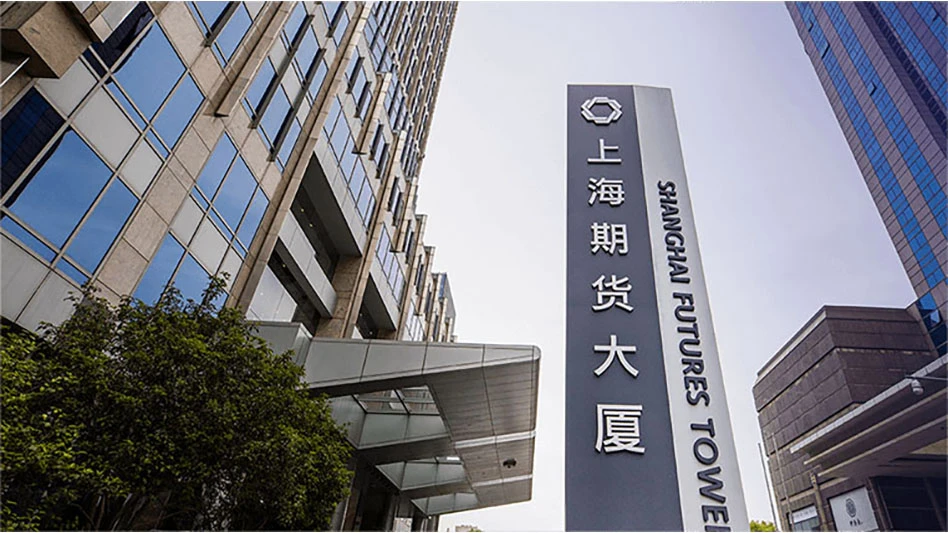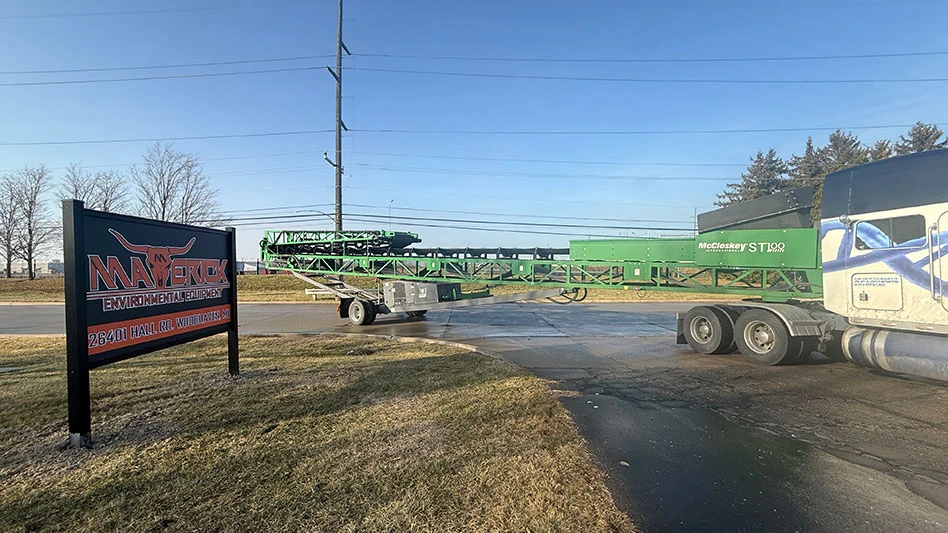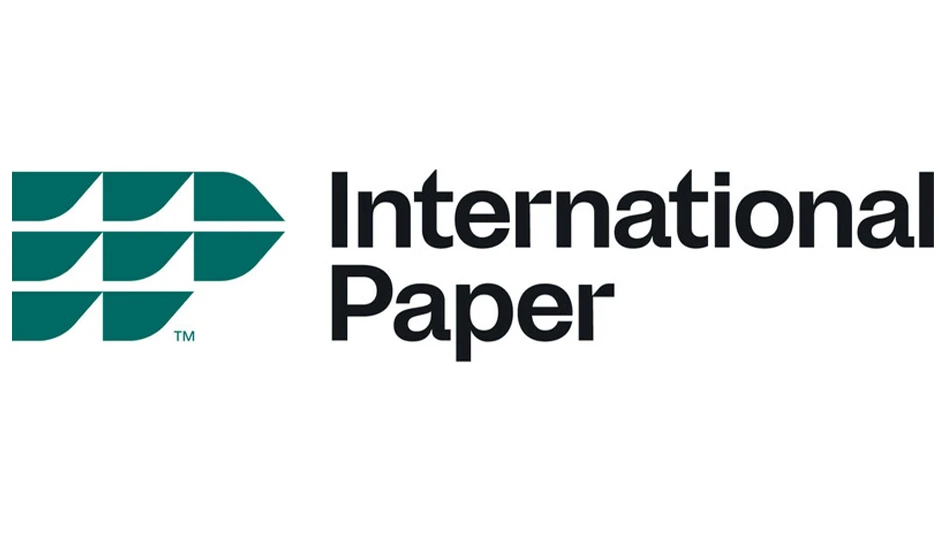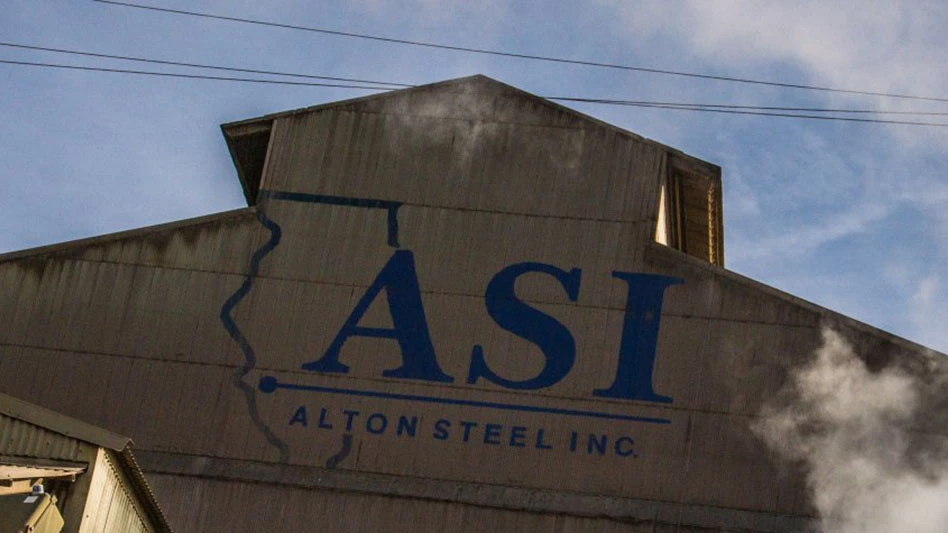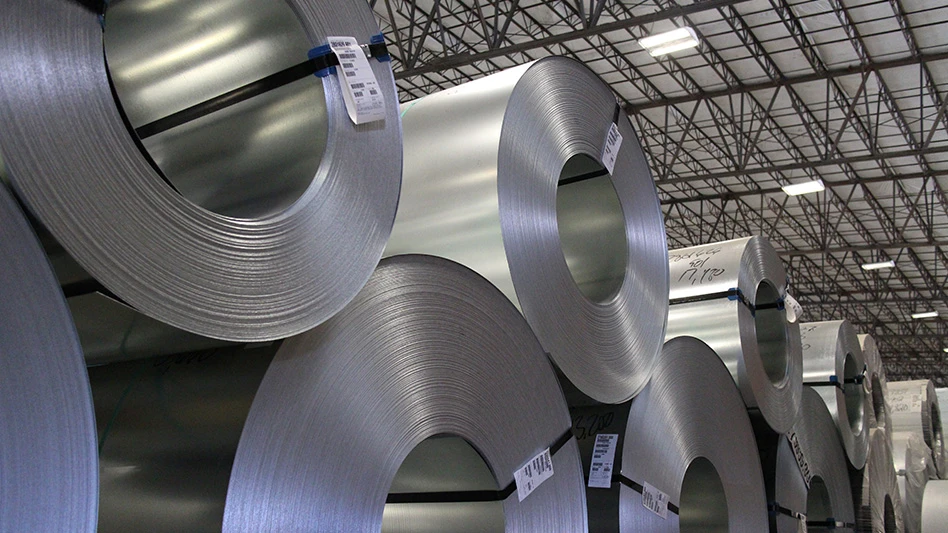
Photo courtesy of Trinseo
Pennsylvania-based Trinseo, previously known as Styron and once part of the Dow Chemical Co., has opened its polymethyl methacrylate (PMMA) depolymerization facility in Rho, Italy, to wider production, after inaugurating the plant last December.
The pilot facility is equipped with chemical recycling depolymerization technology designed to convert end-of-life acrylic products to a constituent monomer, methyl methacrylate (MMA).
“Complementary to other recycling technologies, depolymerization helps close the loop for acrylic recycling with several advantages over traditional processes,” Trinseo says.
The pilot technology targets acrylic materials such as PMMA sheets, which Trinseo says previously could not be mechanically recycled. Returning the material to its monomer form allows additives and contaminants to be removed from pre- and postconsumer acrylic products, thus enabling more PMMA to be recycled.
“We are thrilled about the opening of our depolymerization facility, which will help advance our goal to support a circular economy,” says Francesca Reverberi, senior vice president at Trinseo. “Our company remains committed to our sustainability goals, including investing in new recycling technologies that can support our customers in reaching their sustainability goals as well.”
The Italian facility deploys technology tied to findings from the MMAtwo Consortium, a collaborative initiative funded by the European Union’s Horizon 2020 research and innovation program.
“Today is a critical milestone in our sustainability journey,” says Han Hendriks, chief technology officer at Trinseo. “Depolymerization expands our recycled feedstock capabilities, which in turn will help us innovate new solutions. With this new capability, we can build a more robust recycled acrylics portfolio to better meet the evolving needs of our customers.”
The recycled MMA (rMMA) generated by Trinseo’s depolymerization facility is to be used in the company’s Altuglas and Plexiglas-R-Life product portfolios.
Trinseo says it can produce rMMA in Italy that is comparable to virgin raw materials, enabling its use in high-demand applications such as vehicle taillights or van windows.
Latest from Recycling Today
- Stadler equips Spanish MRF
- SSAB finishes 2025 with decreased revenue
- Vecoplan appoints CFO
- Aurubis raises full-year forecast
- Levitated Metals adds LIBS sorting technology
- Redwood Materials closes on $425M in Series E financing
- Updated: Wieland Chase expands northwest Ohio facility
- Recovered paper traders report lukewarm market
